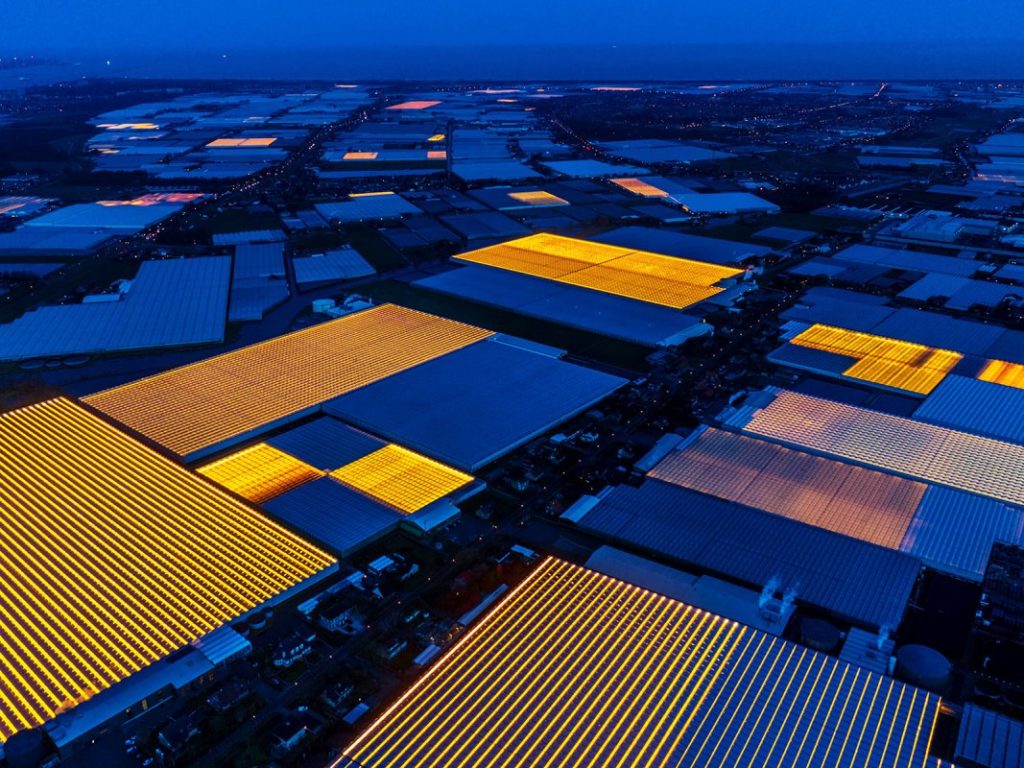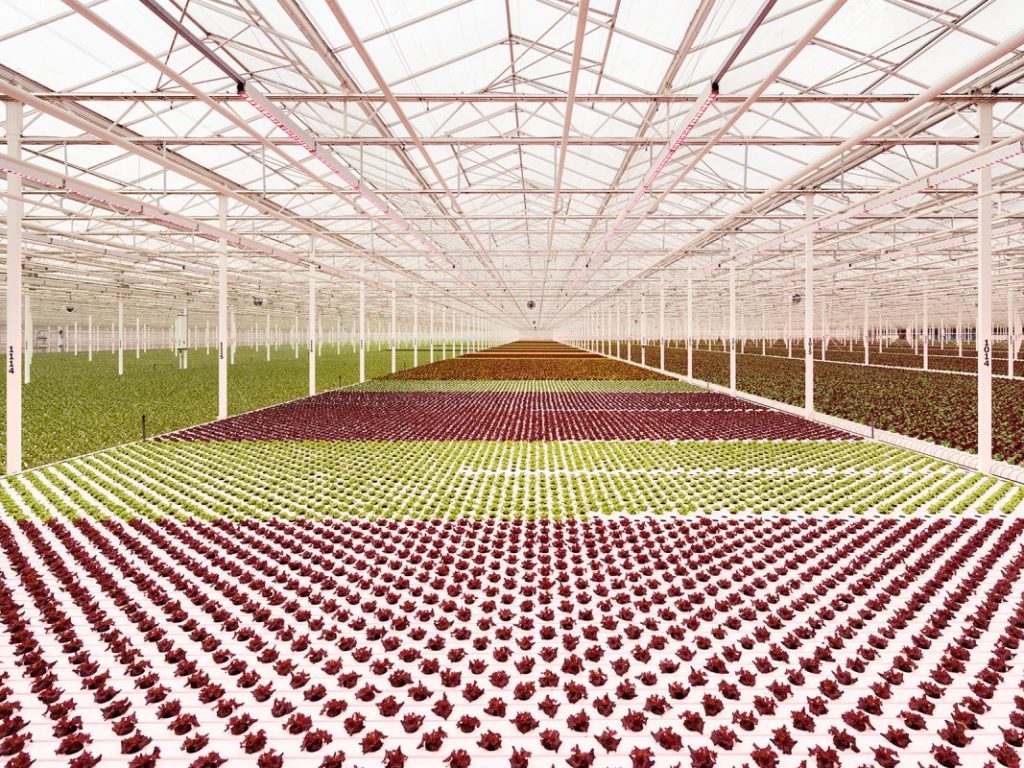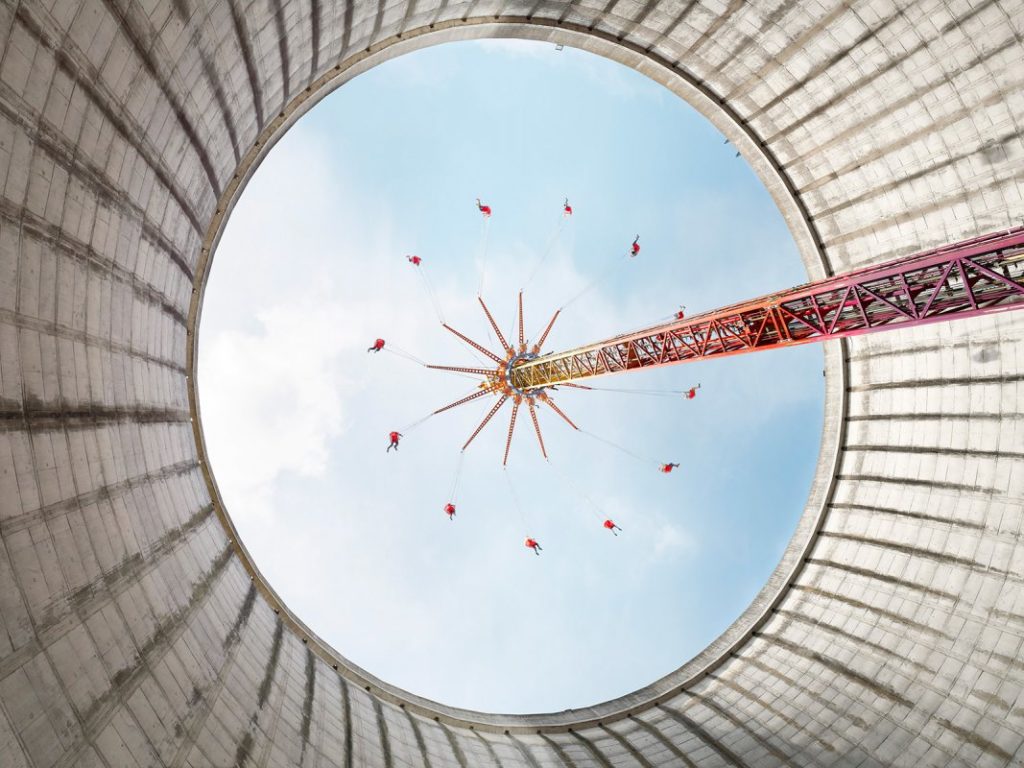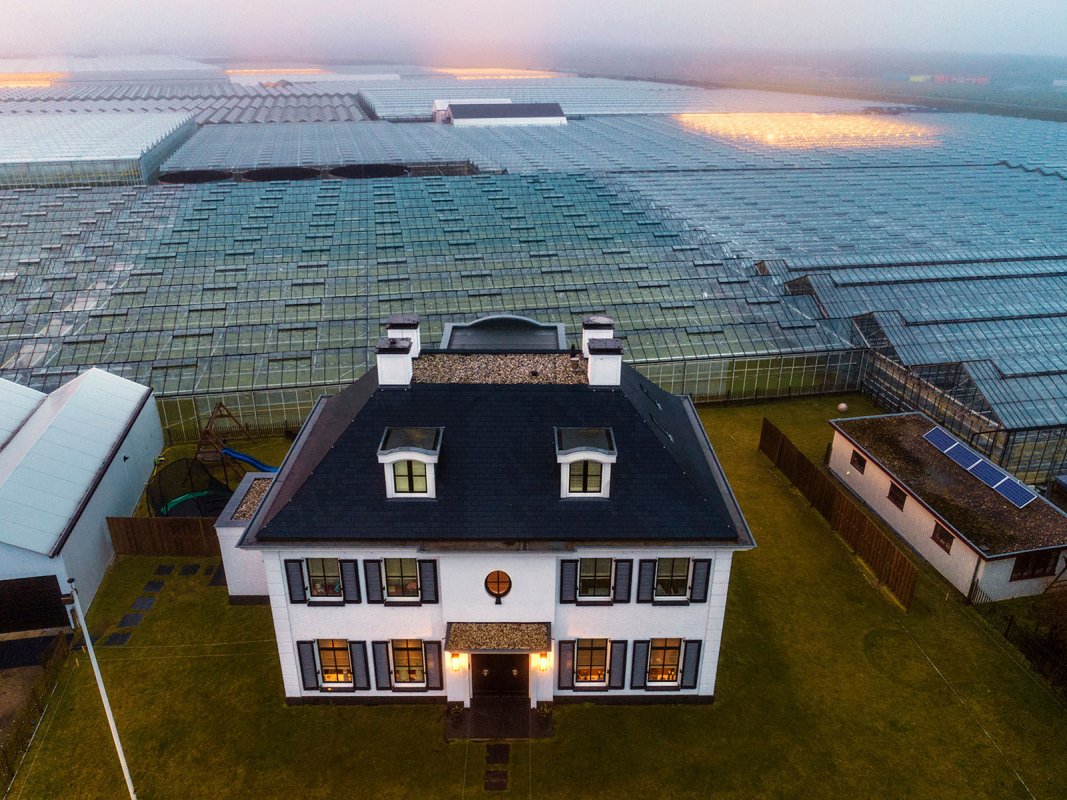How do we want to live? Photographer Luca Locatelli’s long-term project visualises research into new ways for our future survival on the planet, and how to deal with the enormous environmental problems we face. With his motifs, Locatelli questions the reigning idea of permanent economic growth, and opens up an intense debate about our relationship with nature and technology.



Fear for the future and scepticism concerning progress have today become more topical than ever. The series “Future Studies” focuses on these, very current, burning questions. “My aim through this project is to present the viewer with a debate regarding our concept of growth and our relationship with nature and technology,” Locatelli explains. “For a long time, technological progress has represented the foundation upon which utopian visions of the future were built; it has allowed us to have access to an extraordinary number of products and to a comfort unimaginable to previous generations,” he adds. “Today, however, as never before, we are also becoming conscious of its dark side; of the damage it caused in the past, as well as the risks implied in living in a highly technological world.”
One of the most characteristic symptoms of the time in which we live is the growing sense of loss of a better future; of a hypothetical tomorrow, perceived as something promising and yet unknown.

Locatelli, who came to photography when he was already in his mid-thirties, was also interested in technology and innovation when previously working as a computer scientist and software developer. He began work on his “Future Studies” series seven years ago. The selection that was submitted to the LOBA was produced between 2015 and 2019, and is primarily dedicated to the energy turnaround and the future of food production. Locatelli took pictures in shut-down nuclear power plants, port facilities, at a North Sea wind park, and at a brown coal mine in Germany. He visited a wind turbine factory, one of Denmark’s largest waste-to-energy power plants, a geothermal power plant and a greenhouse in Iceland. He visited other enormous greenhouses, an algae park in the Netherlands, an insect farm in Great Britain, and documented the world’s largest aircraft storage facility in Arizona.

Growing political and economic instability, together with an ever more tangible ecological crisis and the virus outbreak experience we are living through, all over the world, are trapping us in an eternal present made of anxiety and pessimism.

Hunger Solutions – The Future of Farming
The planet must produce more food in the next four decades than all farmers in history harvested in 8,000 years. By 2050, Earth will be home to as many as 10 billion people. If increases in agricultural yield are not achieved, a billion or more may face starvation.
Today, technology seems to offer a solution to humanity’s future needs. For centuries greenhouses have been a way to grow vegetables efficiently but in recent years innovation has led to a revolution in how food can be produced, allowing to reduce dependence on water by as much as 90 percent, and in some cases allowed to almost completely eliminated the use of chemical pesticides on plants in greenhouses.
This series portrays some of the most promising high tech agro farming systems around the world, a possible solution for the hunger crisis which will afflict the planet in the next decades. A dystopic view of the future of farming.

Luca Locatelli “Future Studies” – Winner Leica Oskar Barnack Award 2020


